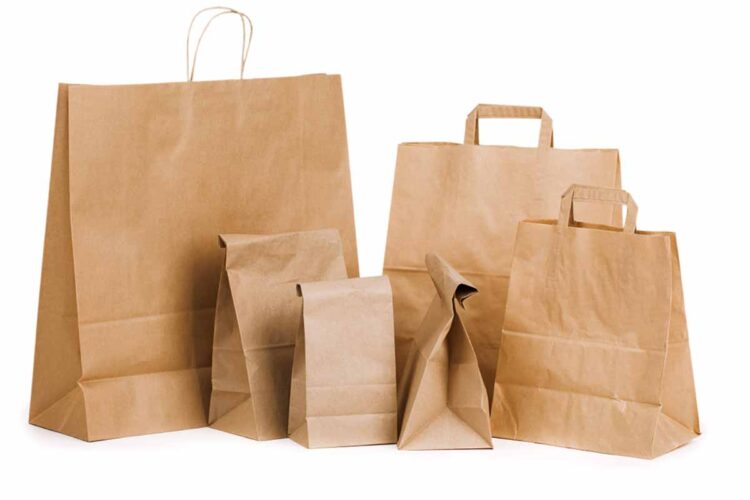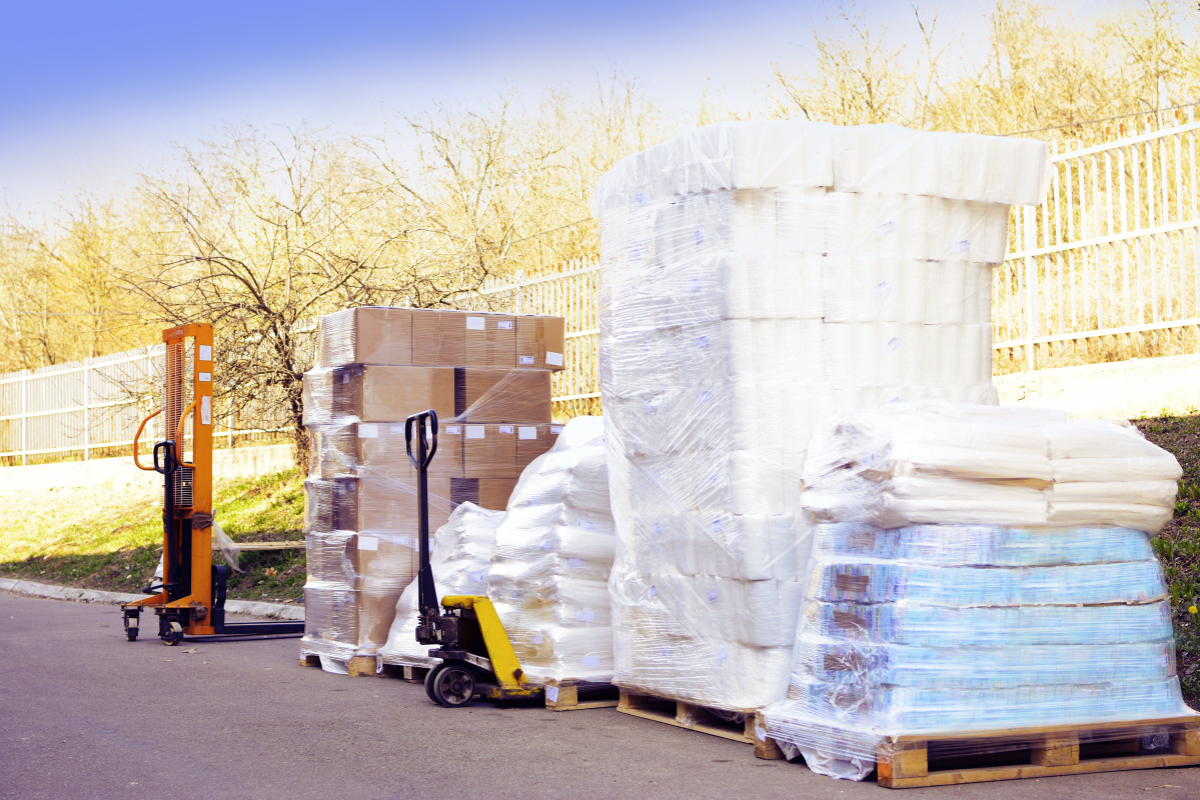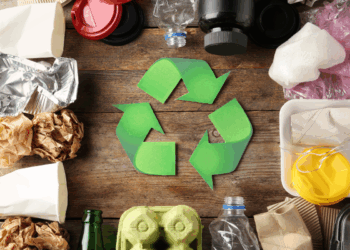As recyclers, we know better than anyone the numerous benefits of recyclable paper bags. The facts demonstrate the success of a free and fair marketplace for highly recyclable paper bags, a resource that is sought after for its fiber strength and is used in the manufacture of many products, such as corrugated boxes, cereal boxes, wallboard and new paper bags. These are products that we use every day, proving that recycled paper bags are essential to manufacturing and help preserve earth’s valuable yet finite resource of trees while reducing greenhouse gas emissions.

Given all of this information, it is a wonder why several high-profile municipalities are either banning or placing fees on paper bags. In addition, New Jersey’s governor recently signed a bill banning paper bags alongside plastic bags, polystyrene food containers and plastic straws. Paper bag bans and fees reduce the amount of paper bags recycled, thus negatively impacting the amount recovered. Enter ISRI’s paper bag policy position.
In support of paper bags as a recyclable and valuable resource, and in an effort to combat bans and fees being placed on paper bags, the Institute of Scrap Recycling Industries (ISRI) recently adopted a policy position on paper bags.
ISRI’s policy position:
- Promotes a free and fair, competitive, market-based system for the trade of recyclable materials such as paper bags.
- Supports a competitive marketplace that does not restrict, direct or interfere with the free flow of recyclable materials.
- Opposes bans and fees on paper that are being manufactured into useful commodity-grade materials and sold into viable, commercial markets without subsidies or noncompetitive, fixed pricing.
- Promotes the proper recycling and economic opportunities associated with the collection, processing and reuse in finished products such as paper bags.
- Encourages the addition of paper bags to curbside collection programs.
- Strongly supports the use of recycled content to the maximum percentage that is mechanically and commercially viable.
In summary, ISRI’s position opposes bans and fees on paper that is manufactured into essential commodity-grade materials. It also promotes proper recycling and economic opportunities associated with collection, processing and reuse of recyclable paper bags while also supporting a free and fair market-based system for the efficient delivery of these essential materials to manufacturers. ISRI’s position provides stakeholders, including governments, with valuable information on where ISRI stands on these issues.
Recyclable paper bags make up a significant portion of the 68% of paper that is recycled in the United States. Let us all work to ensure this essential resource is recycled and respected. Let’s also work to inform our elected officials of the benefits of recyclable paper bags. Finally, let us educate the general public of the essential role recyclable paper bags play in the health of our economy and environment.
Bret Biggers is an economist with the Institute of Scrap Recycling Industries (ISRI). In addition to his role as economist, Biggers also serves as staff liaison for the association’s paper and plastic divisions as well as its MRF Committee.
The views and opinions expressed are those of the author and do not imply endorsement by Resource Recycling, Inc. If you have a subject you wish to cover in an op-ed, please send a short proposal to [email protected] for consideration.
























